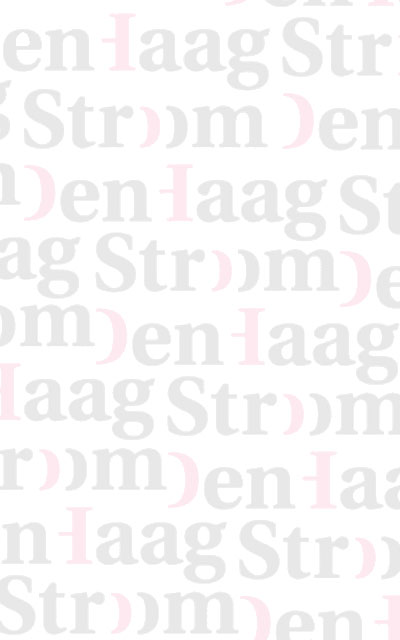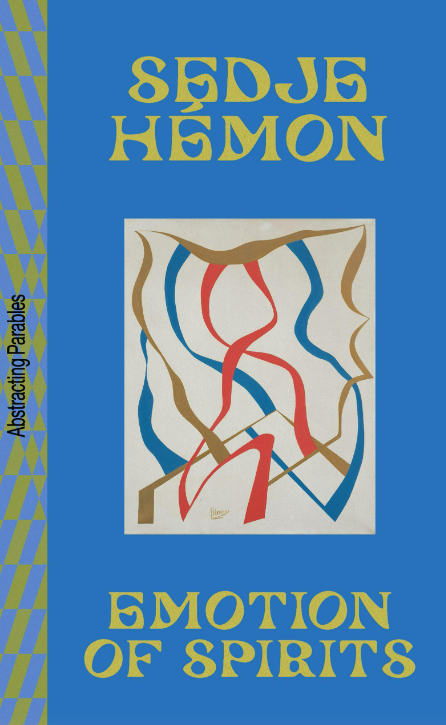
by Alessa Johns
- Author(s)
- Alessa Johns
- Editor(s)
- Gregory Claeys
- Publication
- Cambridge : Cambridge University, 2010
- Scope
- 17 Pages, 30 cm.
- Carrier
Living worlds according to traditional utopias, also called 'classical', 'blueprint' or 'end-state' utopias, are often not very attractive, even if the inhabitants are taken care of. Women have fared especially badly in traditional utopias; often forced to work endlessly and bow to patriarchs. Consequently, feminist utopian authors have favoured a 'process' (or 'reproductive' or 'critical') model. Johns argues that this 'process-oriented utopianism' is not merely the product of feminism in the nineteenth, twentieth and twenty-first centuries, but that it characterises much of feminist utopian writing from the late Middle Ages onwards - from Christine de Pizan to Sarah Scott to Ursula K. Le Guin - , and emphatically in Enlightenment England: that is, before what is considered the modern women's movement. This suggests continuity in many feminists' responses to socio-cultural arrangements in the Western world that, despite political and economic changes, have always remained strongly patriarchal.
- Keywords
- science fiction , feminism
- Location
- Cabinet 30 - 6: Seksualiteit ; gender en ruimte
- Remarks
- Includes notes, bibliography ; published in The Cambridge Companion to Utopian Literature / ed. by Gregory Claeys. - Cambridge : Cambridge University, 2010. - p.174-199)
based on keyword



